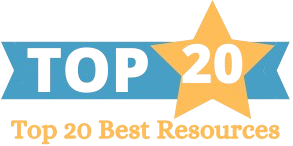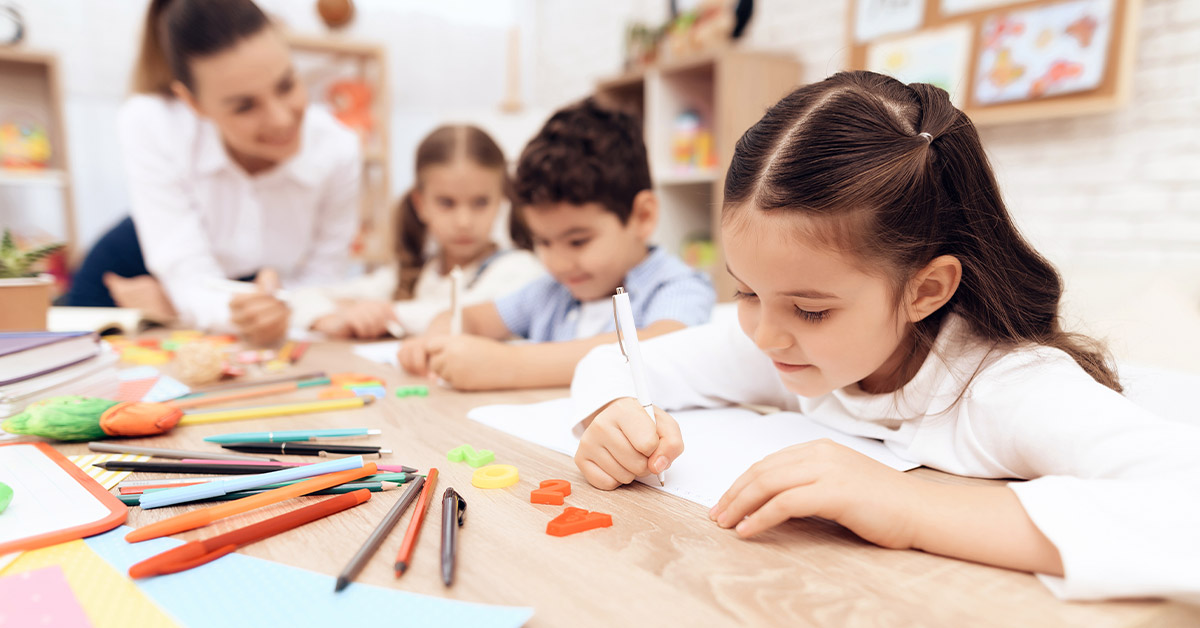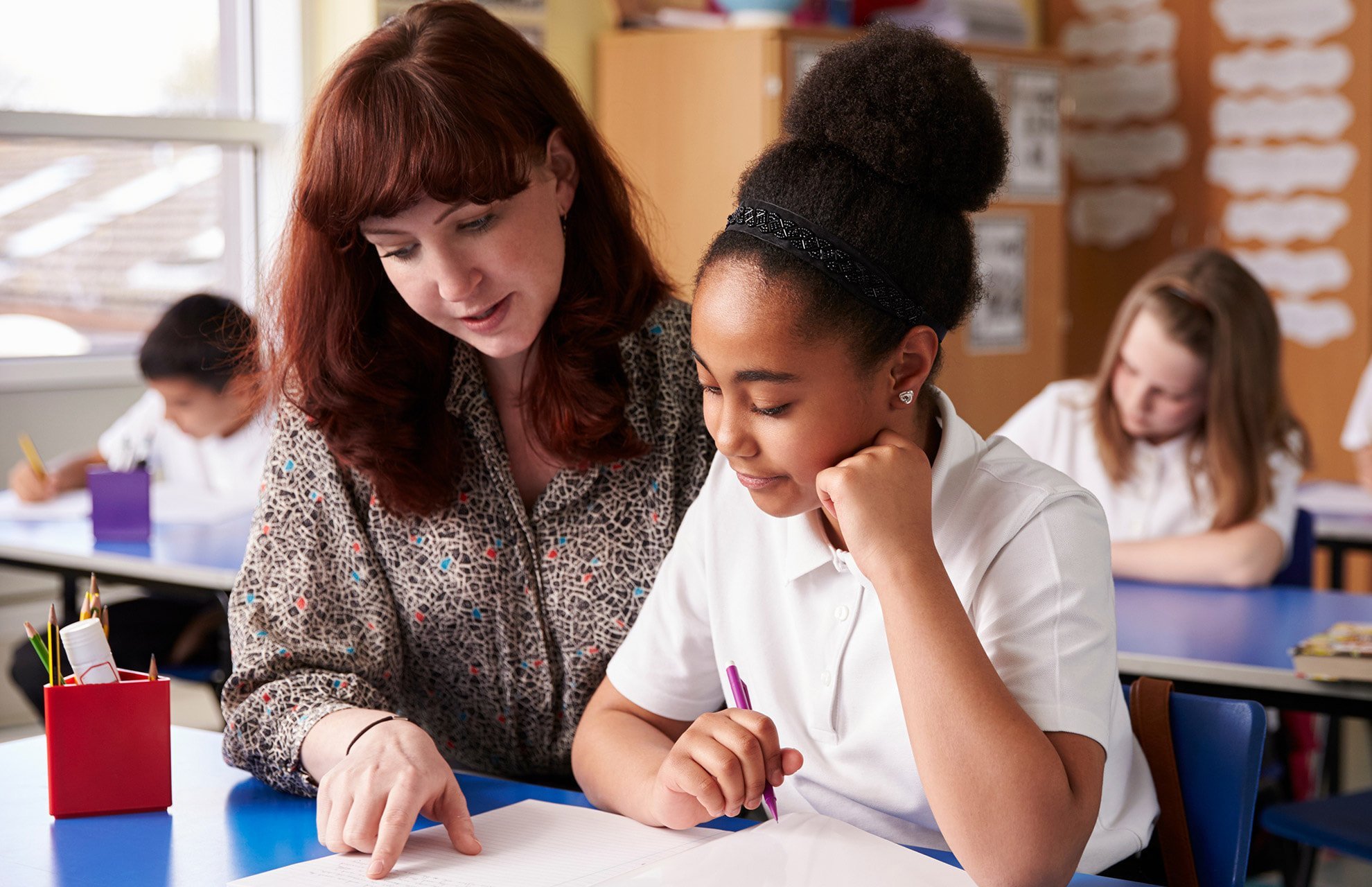Modern education is undergoing a transformative change that reflects the technological advancements, societal shifts, and global interconnectedness of the 21st century. With new methods of teaching, the widespread use of technology, and an increasing focus on personalized learning, the landscape of education is rapidly evolving. This evolution aims to prepare students for the demands of a constantly changing world, emphasizing skills like critical thinking, creativity, and adaptability.
Defining Modern Education
Modern education refers to the educational practices and methodologies that utilize innovative tools, techniques, and perspectives to enhance learning outcomes. It focuses not just on the transfer of knowledge but on developing a deeper understanding, fostering critical skills, and preparing students for real-world challenges. At its core, modern education strives to equip students with the skills and knowledge they need to navigate an increasingly complex and interconnected world.
Key Features of Modern Education
-
Integration of Technology: Technology has revolutionized the way education is delivered and experienced. Digital tools like online learning platforms, virtual classrooms, educational apps, and interactive simulations have made learning more flexible, accessible, and engaging. With technology, teachers can deliver lessons to a global audience, while students can access resources anytime and anywhere. The rise of online courses and e-learning platforms has allowed for more personalized, self-paced education.
-
Personalized Learning: Modern education focuses on tailoring the learning experience to meet the individual needs of each student. With advancements in data analytics, teachers can monitor a student’s progress in real-time and adjust their teaching strategies accordingly. Adaptive learning technologies and personalized curriculums allow for a more customized educational experience, enabling students to learn at their own pace and focus on areas where they need more support.
-
Student-Centered Learning: Unlike traditional teacher-centered approaches where students passively receive information, modern education places the student at the center of the learning process. Students are encouraged to actively engage with the material, collaborate with peers, and take responsibility for their own learning. This approach fosters a deeper connection to the content and helps students develop important life skills such as problem-solving, communication, and teamwork.
-
Collaborative Learning: The ability to collaborate with others is increasingly valued in the modern workplace. Modern education encourages teamwork and collaborative learning through group projects, discussions, and shared learning experiences. This approach allows students to learn from one another, share diverse perspectives, and develop interpersonal skills that are crucial for success in the globalized world.
-
Global Perspective: In today’s interconnected world, it’s crucial for students to gain an understanding of global issues, cultural diversity, and international perspectives. Modern education incorporates global themes into curricula, fostering an awareness of global challenges like climate change, poverty, and social inequality. The inclusion of global perspectives prepares students to work across borders, engage with people from different cultures, and contribute to addressing worldwide challenges.
-
Focus on Critical Thinking and Problem-Solving: In modern education, there is a strong emphasis on developing critical thinking, creativity, and problem-solving skills. Instead of memorizing facts, students are encouraged to analyze, question, and synthesize information. They are taught to approach problems from multiple angles and think innovatively. This approach is designed to prepare students for a future where adaptability and the ability to solve complex problems are key.
The Role of Teachers in Modern Education
While modern education is heavily reliant on technology, the role of the teacher remains fundamental. Teachers today are not just knowledge dispensers; they are facilitators, guides, and mentors who help students navigate their educational journey. They provide personalized instruction, offer feedback, and create a supportive learning environment that encourages exploration and discovery. Teachers are also responsible for fostering critical thinking and emotional intelligence, which are essential for students’ overall development.
Moreover, teachers are increasingly using technology in their classrooms to engage students and enhance the learning experience. Virtual classrooms, flipped learning models (where students learn content at home and engage in collaborative activities at school), and interactive digital resources are some of the tools that teachers are using to make lessons more interactive and engaging.
Benefits of Modern Education
-
Increased Accessibility: Modern education has made learning more accessible than ever before. With online learning platforms, students from all over the world, regardless of location or background, can access quality educational content. This has helped democratize education, providing opportunities for people who might not otherwise have had access to traditional institutions.
-
Enhanced Learning Experience: The integration of technology, multimedia content, and interactive learning tools has transformed the classroom into a dynamic and immersive environment. Virtual simulations, gamified learning, and multimedia resources make lessons more engaging and allow students to learn in new and exciting ways.
-
Better Preparation for the Future: By focusing on skills like critical thinking, creativity, communication, and collaboration, modern education ensures that students are well-prepared for the future workforce. These skills are not only important for professional success but are also necessary for navigating a rapidly changing world that requires constant learning and adaptation.
-
Promotes Lifelong Learning: Modern education encourages the mindset of lifelong learning, where individuals continuously seek new knowledge and skills throughout their lives. Online courses, certifications, and professional development opportunities make it easier for people to engage in lifelong learning, thus staying relevant in their careers.
-
Inclusive Learning Environment: Modern education promotes inclusivity by supporting a wide range of learning styles, abilities, and needs. Tools like assistive technologies, differentiated instruction, and flexible learning environments allow students with diverse backgrounds and learning challenges to thrive. Education is increasingly designed to accommodate students with disabilities, ensuring that no one is left behind.
Challenges in Modern Education
Despite its many benefits, modern education faces several challenges:
-
Digital Divide: While technology has made education more accessible, not all students have equal access to digital devices and the internet. The digital divide remains a significant challenge, particularly in low-income and rural areas. Bridging this gap is essential to ensure that all students have the opportunity to benefit from modern education.
-
Teacher Training: With the rapid advancement of technology, teachers need ongoing professional development to effectively integrate new tools and methodologies into their classrooms. Training educators to use technology effectively and adapt to new teaching approaches is critical for the success of modern education.
-
Data Privacy and Security: As technology plays a larger role in education, concerns about data privacy and the security of student information have emerged. Ensuring that student data is protected and used responsibly is a challenge that schools, governments, and tech companies must address.
-
Overreliance on Technology: While technology is a powerful tool for enhancing education, there is a concern that overreliance on digital devices may detract from essential face-to-face interactions, social skills, and traditional learning experiences. Striking a balance between technology and human interaction is important.
The Future of Modern Education
As technology continues to evolve, so too will modern education. The future of education will likely involve greater integration of artificial intelligence, virtual reality, and personalized learning pathways that adapt in real time to each student’s needs. The continued focus on preparing students for a rapidly changing world will require a deeper integration of life skills, critical thinking, and adaptability into the curriculum. Moreover, the concept of lifelong learning will continue to grow, with people engaging in learning at various stages of their lives.
In conclusion, modern education is reshaping the way we learn and teach. By focusing on technology integration, personalized learning, and a global perspective, it aims to prepare students for the challenges and opportunities of the future. However, the success of modern education will depend on overcoming challenges such as the digital divide, teacher training, and data privacy. With the right support and innovations, modern education has the potential to transform lives and empower individuals around the world.









